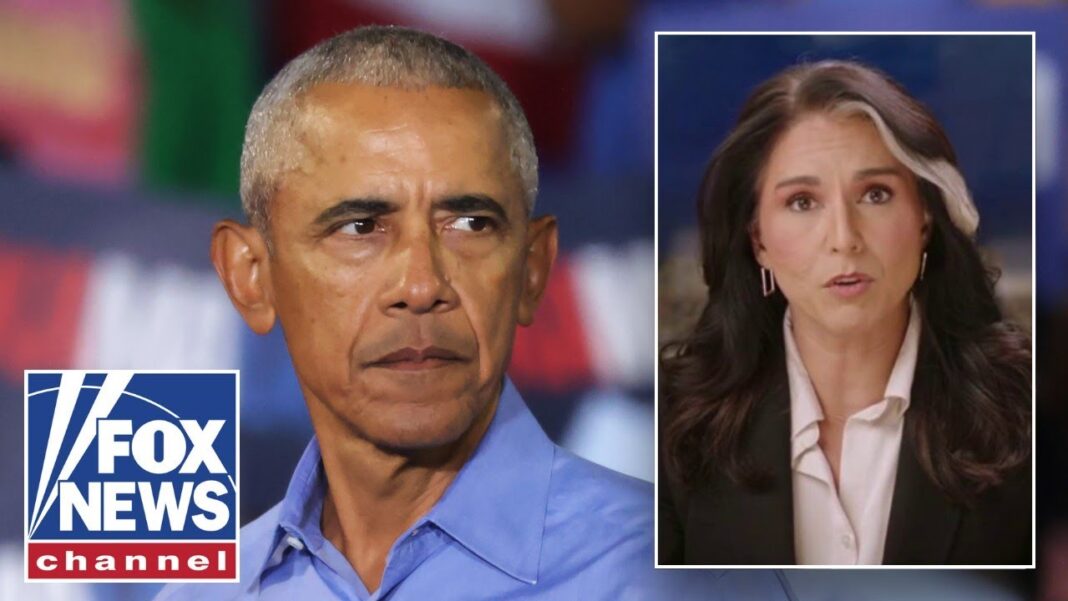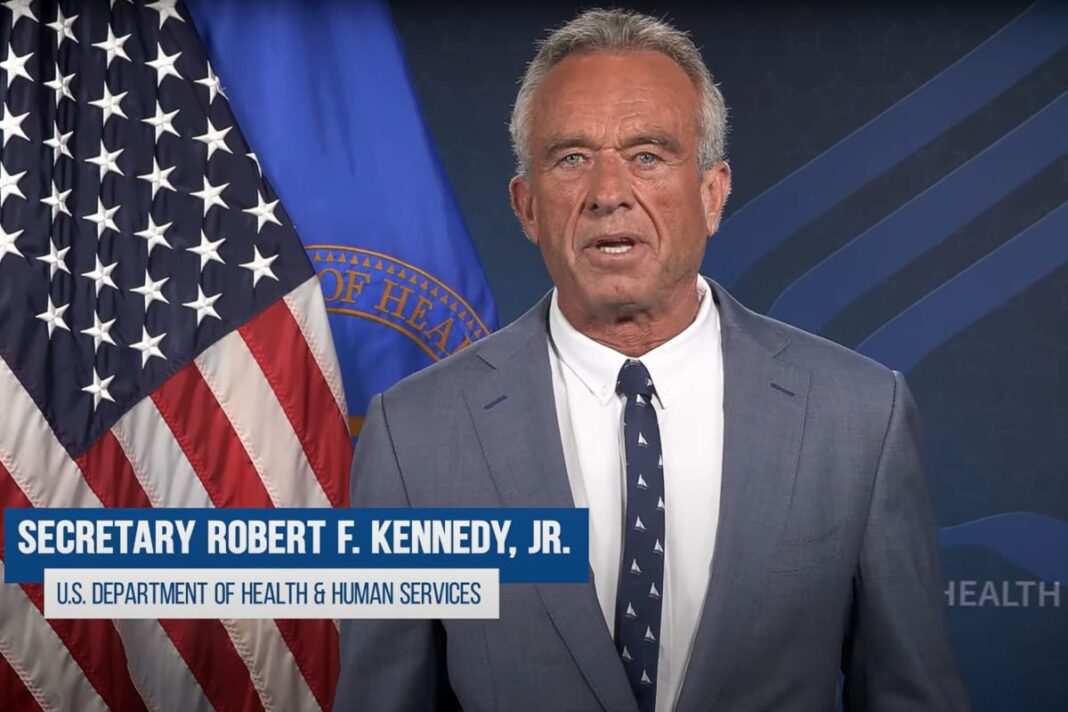House lawmakers passed a stablecoin bill on July 17 in a vote of 308–122, sending it to President Donald Trump’s desk for his signature.
The Genius Act—Guiding and Establishing National Innovation for U.S. Stablecoins Act—aims to establish the first federal framework for stablecoin regulation. Stablecoins are a type of cryptocurrency designed to maintain a nominal value, usually pegged to the dollar one-to-one.
It passed the Senate in June in a 68–30 vote.
It briefly stalled in the House on July 15, after a contingent of 13 conservative Republicans sided with Democrats to tank a key procedural vote.
After brief uncertainty—and the president’s intervention in the matter—the House eventually voted 217—212 on July 16 to advance the bill to a floor vote.
“President Trump promised to make America the crypto capital of the world,” Rep. Tom Emmer (R-Minn.) told reporters after the votes on a trio of crypto bills.
The House followed through on the president’s pledge by moving forward with an “America First digital assets agenda,” the House majority whip said.
The trio of crypto bills—the Genius Act, the Clarity Act, and the Anti-CBDC Surveillance State Act—will solidify the U.S. dollar hegemony, spark innovation, and ensure “digital money reflects our American values of privacy, individual sovereignty, and free market competitors,” according to Emmer.
White House press secretary Karoline Leavitt confirmed to reporters at a July 17 press briefing that the president is planning a signing ceremony for the Genius Act.
House Speaker Mike Johnson (R-La.) had faced opposition from GOP lawmakers, including Rep. Marjorie Taylor Greene (R-Ga.), who wanted to combine the Genius Act with two other cryptocurrency-related bills, including the Clarity Act and the Anti-CBDC Surveillance State Act this week.
The Digital Asset Market Structureand Investor Clarity Act aims to create a comprehensive market structure for the cryptocurrency sector. The bill enjoyed bipartisan support and passed 294–134. It will now head to the Senate.
The Anti-CBDC Surveillance State Act seeks to prohibit the issuance of a retail central bank digital currency, also referred to as a CBDC. The bill also passed 219–210.
“Americans do not want a government-controlled Central Bank Digital Currency,” Greene said on X.
“Republicans have a duty to ban CBDC. President Trump included a ban on CBDC in his January 23rd executive order and Congress must also include the ban on CBDC in the GENIUS Act.”
Speaking to reporters on July 17, ahead of the vote, Greene said it would be a challenge to pass a ban on CBDCs in the upper chamber.
“They don’t have the votes. They can’t get a 60,” she said.
Trump and senior administration officials, meanwhile, have repeatedly urged Congress to pass the Genius Act as quickly as possible.
The president, who has become a crypto advocate, confirmed that he met with most of the representatives who voted against the procedural vote.
“After a short discussion, they have all agreed to vote tomorrow morning in favor of the Rule. Speaker of the House Mike Johnson was at the meeting via telephone, and looks forward to taking the Vote as early as possible,” Trump wrote in a July 15 post on his social media platform, Truth Social.
Johnson, writing on X, thanked the president for intervening in the matter.







